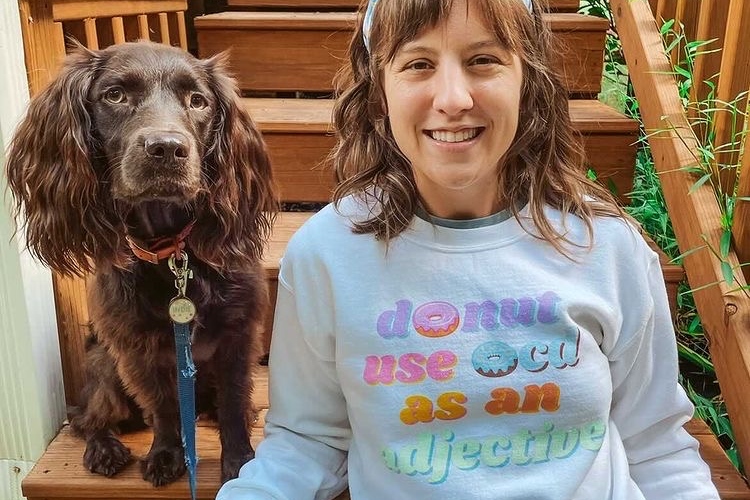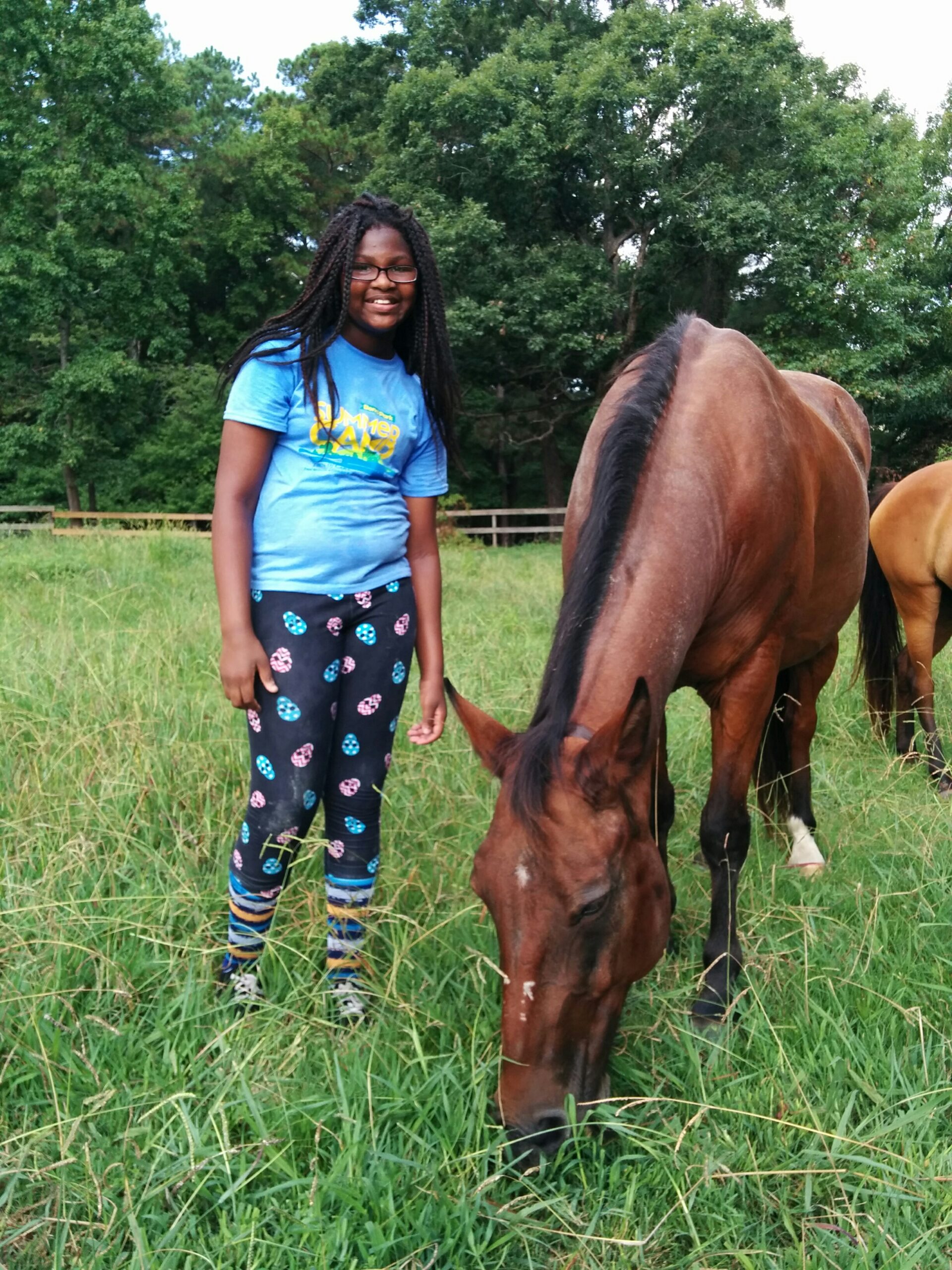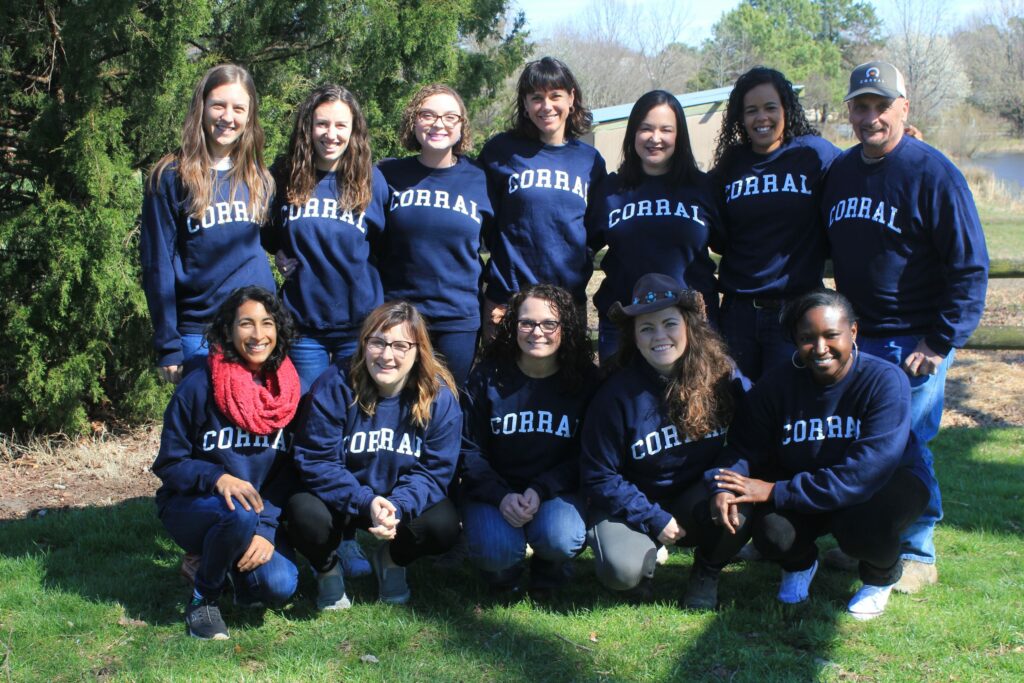Happy OCD awareness week! This week (and month) are so important to decrease the stigma of mental health, and in particular, Obsessive Compulsive Disorder (OCD). Contrary to popular belief, we are all not “a little OCD”. This false narrative takes away the reality of a debilitating illness. Starting with a science lesson, folks with OCD actually have different wiring in their brain. Our brain flags thoughts, sensations, & experiences and explores if they are a threat and what our FFF (fight, flight, or freeze) response should be. Someone with OCD’s brain is flagging most thoughts as dangerous and turning on the body’s alarm system each time. OCD then tells us, the only response to deal with them is to engage in compulsions (physical or mental) to prevent a bad outcome.
What is OCD?
So what is OCD? We all get intrusive thoughts, it is a part of life. Most people are able to brush these off and continue on with their day. Folks with OCD cannot. These intrusive thoughts and obsessions are unwanted. They might also show up as urges or impulses. OCD specialists will refer to these thoughts as being ego-dystonic: not in alignment with our values and self-identity. The second part of this is that folks with OCD then engage in compulsions to prevent an outcome or decrease the anxiety tagged along with the thought or obsession. Compulsions can be physical or mental. For example, someone with harm OCD might fear they hit a pedestrian crossing the street in their car. Most folks could brush it off, but OCD flags this thought and says “You might have! You could have killed them! Go back and check.” So the person goes back to see if the pedestrian is lying in pain in the street. The person will drive away after checking and OCD comes back and says, “Are you sure you didn’t hit them?” Causing the person to go back and check repeatedly. Additionally, folks with OCD avoid anxiety-producing stimuli and cannot connect with rationality, providing more proof that their obsessions are factual.
Themes and Compulsions
Let’s dive into themes and compulsions. OCD is not just excessive hand washing or being organized. There are many themes. (This list does not contain every obsession or compulsion.) In fact, the contamination theme is not the most prevalent theme for folks suffering from OCD.
- Contamination: obsessions can include fear of illness or disease and germs. A fear of becoming sick; health anxiety. Compulsions could be frequently changing clothes, avoiding places perceived as contaminated, and checking the body for signs of illness.
- Harm: obsessions can include unwanted thoughts and images about causing harm to self or others. There is a fear of death or harming someone. Compulsions could be avoiding sharp objects, not driving their car, or checking that your doors are locked at night.
Other themes are sexual orientation, somatic, religious, pedophile, relationship, perfectionism, just right, perinatal, and existential. When we go back to that marker of “avoiding anxiety-producing stimuli,” it is easy to see how impactful OCD is and that it isn’t just a quirky personality trait. Someone struggling with pedophile OCD might completely avoid children at all costs. Imagine if that person is a school teacher – they could end up quitting their job, which has detrimental impacts on well-being. A person with just right might spend hours reordering something until it is “just right,” which can also impact employment, social, relationships, and daily life activities.
Treatment
Because of these misconceptions, folks do not often receive proper treatment. On average, it takes about 17 years to get correctly diagnosed with OCD. Folks with OCD experience a lot of shame with inexperienced clinicians who might attempt to talk them out of their fears and obsessions. The gold standard treatment for OCD is Exposure and Response Prevention, which lives in the Cognitive Behavioral Therapy family. The exposure piece is exactly what it sounds like. A therapist works with the client to expose them to unwanted thoughts, images, objects, or situations that trigger an obsession. Response prevention is making the choice to not engage in the compulsions that would alleviate the anxiety. This is super hard!!! Can you imagine going to a place you perceive as contaminated and then being told you can’t wash your hands, you must sit in a non-contaminated place in your home, or not change clothes? This is 10/10 anxiety for someone with OCD. The what if of not being able to deal with the contamination is processed as a dangerous threat. Clients work with their therapists to do exposures in session and learn how to complete them at home. Eventually, clients are able to do more complex exposures individually and help catch when OCD attempts to disrupt their lives in the future.
OCD often involves our loved ones. OCD has the ability to put tension on our relationships. Partners or family members tend to frequently engage in reassurance because they don’t want to see a loved one struggle. This means our partner might respond with, “I don’t know if the front door is locked. Let’s go to bed anyway.” Having loved ones engage in a compulsion is a “backdoor” compulsion, which allows for the anxiety alleviation without themselves engaging in the compulsion. By taking the time to learn the correct information about OCD, you have the opportunity to support someone way before they might have actually received treatment. As therapists, it is our due diligence to learn about disorders we do not know much about to adequately care for and refer clients to appropriate treatment.
Additional resources:
- International OCD Foundation
- Online OCD Treatment & Therapy | OCD Counseling Help & Support … (affordable treatment!)
Books:
- Is Fred in the Refrigerator?
- Everyday Mindfulness for OCD
- The Self-Compassion Workbook for OCD: Lean into Your Fear, Manage Difficult Emotions, and Focus on Recovery
Some amazing social media accounts:
- @obsessivelyeverafter
- @kimberleyquinlan
- @mindonfire_ocd
Additional resources:
- International OCD Foundation
- Online OCD Treatment & Therapy | OCD Counseling Help & Support … (affordable treatment!)





